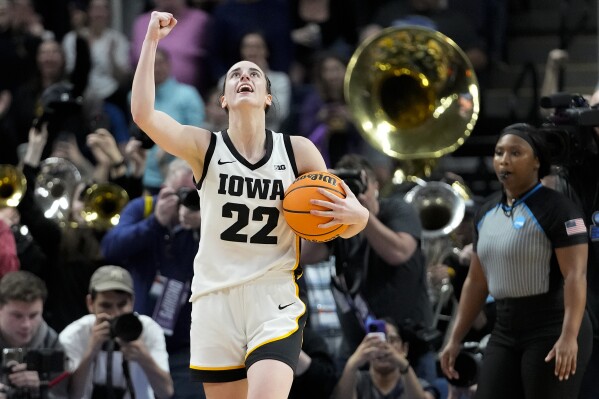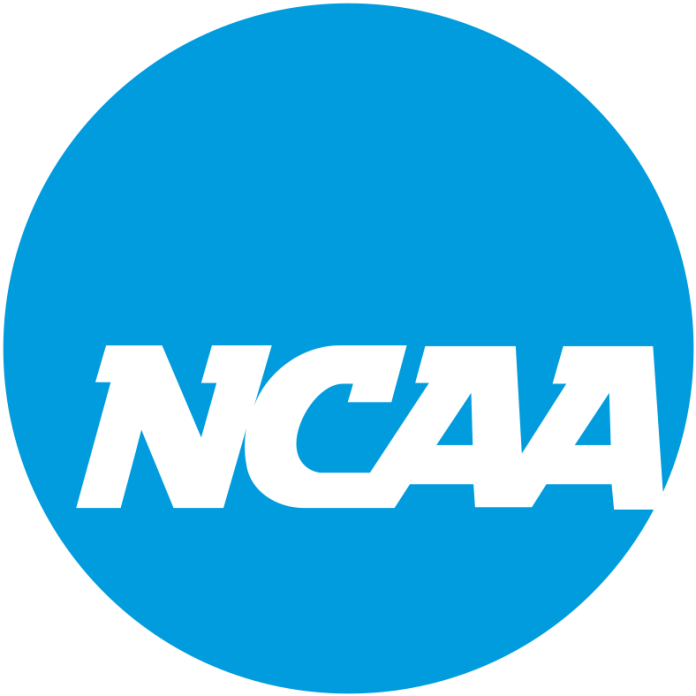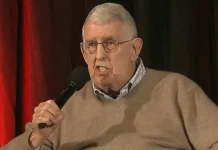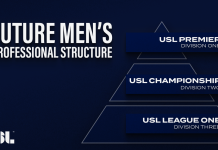The days of total control over a student-athlete is a distant memory.
The college football season is around the corner and the embattled National Collegiate Athletic Association cannot put the toothpaste back in the tube. The days of amateurism are done. Colleges who field football teams have to bid for players with endorsement money playing a big role as that revenue goes to players and that is a big issue. The college poohbahs are worried about competitive balance if money is involved. But there is another pressing problem. Can so-called “student-athletes” become college employees? If that happens, colleges would be responsible for paying the student-athletes salaries complete with benefits
The U.S. Court of Appeals for the Third Circuit said no to the NCAA’s motion to dismiss Johnson versus NCAA, a case where college athletes argue they are employees of their schools and the NCAA within the meaning of the Fair Labor Standards Act and state laws. The Third Circuit rejected the NCAA’s claim that college athletes cannot be employees and athletes at the same time. That means individual state legislators might look into enacting laws that the student-athletes cannot be school employees. Or the NCAA might lobby Congress in the hope that there would be a federal law passed to make sure student-athletes are not school employees. The NCAA has been hiding behind the student-athlete tag for almost seven decades. The term “student-athlete” did not exist when Walter Byers took the job at the helm of the NCAA in 1951. It would first appear a number of years later following the death of a college football player on the field. A Fort Lewis A & M student, Ray Dennison, died from injuries suffered in a game in 1955. Dennison’s widow sued for workman’s compensation in Colorado. She lost. Dennison was a student not an employee. The college sports business should be paying and giving benefits to the players since they are the game.








